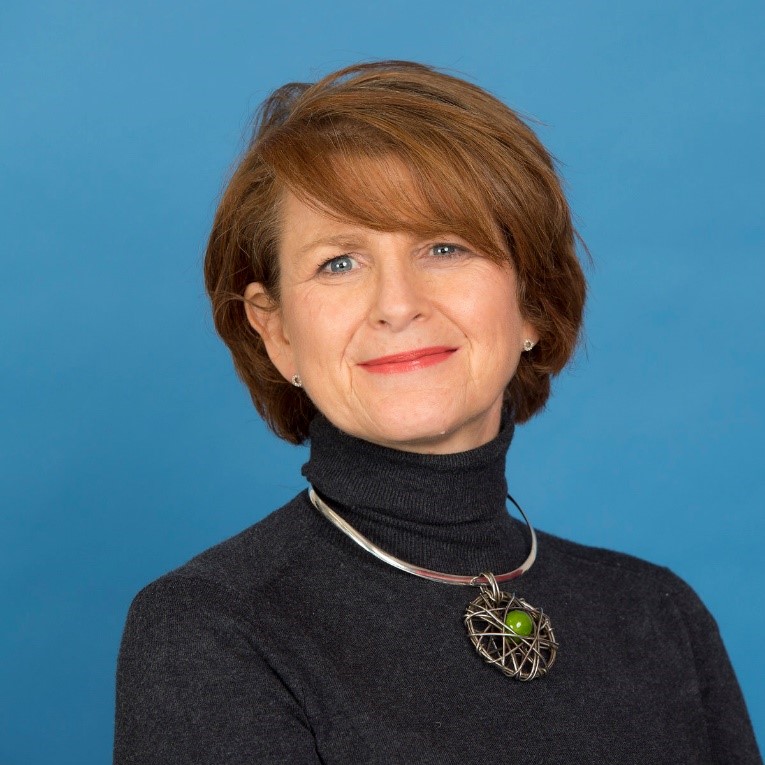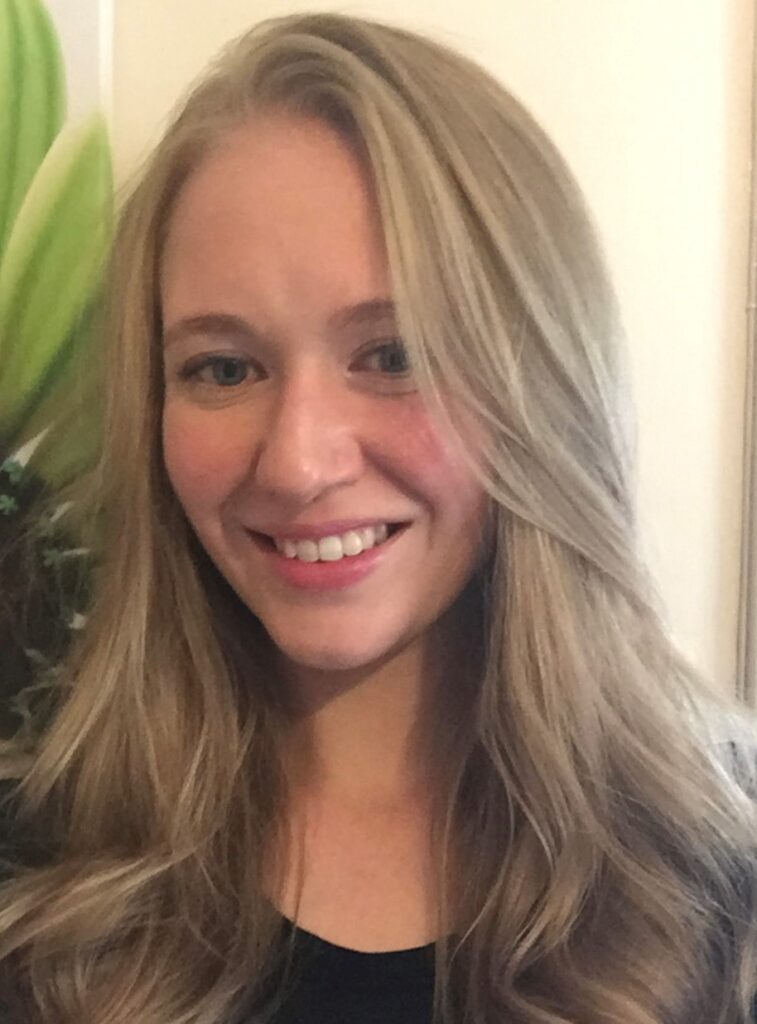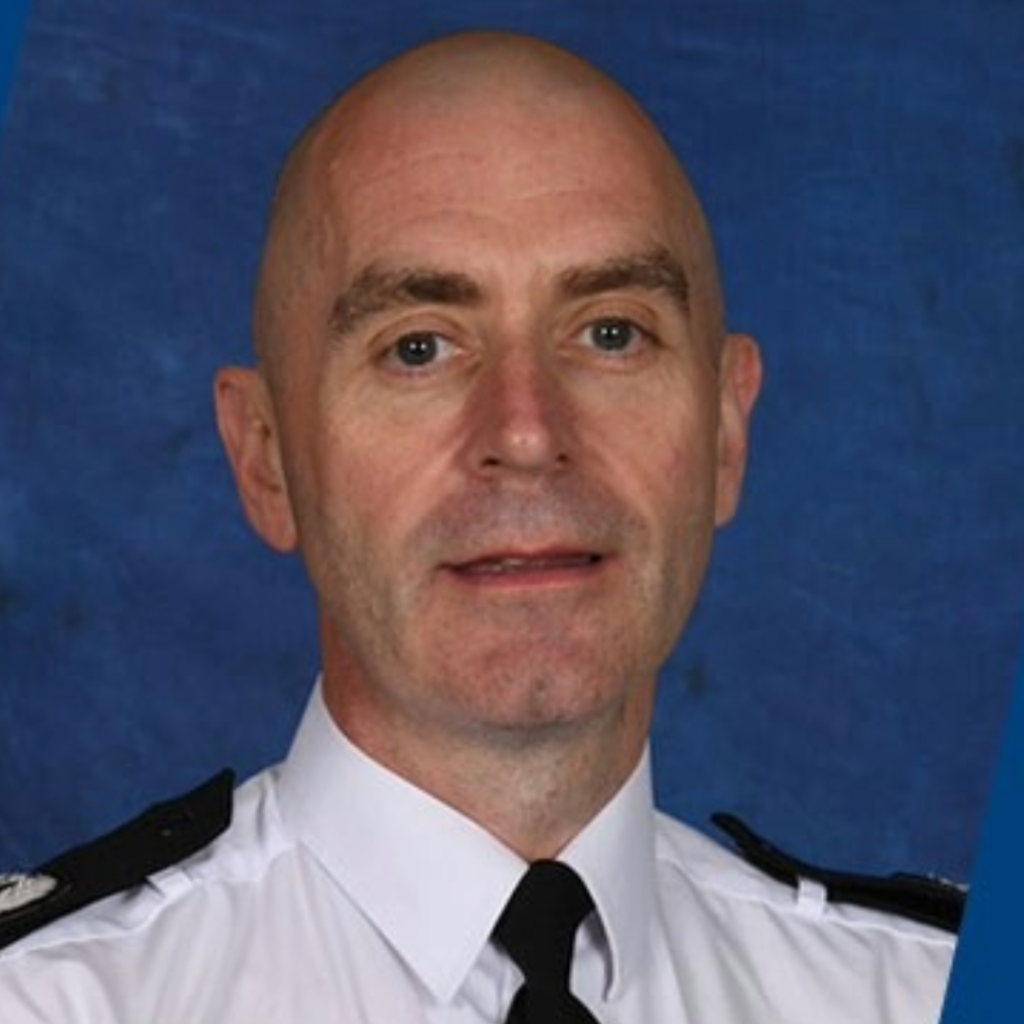This pioneering and exciting two-day event will see international and local speakers from academia, public health and policing come together to explore the subject of Neurodiversity in Policing. This event will be hosted by Edinburgh Napier University in partnership with the Global Law Enforcement and Public Health Association, the Scottish Institute for Policing Research and Police Scotland.
The event will take place on the 12th and 13th of February 2025 at the Sighthill Campus of Edinburgh Napier University.
The two-day event will offer a platform for learning, exploring, and challenging how neurodiversity impacts officers/staff and the public they serve. Day one will focus on ‘Our People’ as the theme for discussion with Day 2 focusing on ‘Our Public’.
Event Convenors are Inga Hayman and Graeme Gallie
Professor Sue Rigby, Principal and Vice Chancellor of Edinburgh Napier University will open Day one alongside Assistant Chief Constable Mark Sutherland from the Local Policing West team. ACC Sutherland is the executive lead for Neurodiversity.
Speakers: Superintendent Roberton, A DEFINE Ambassador, DEFINE Co-Ordinator, and Dr Estelle Clayton
The Policing Together Oversight Board endorsed the first DEFINE Neurodiversity structure as a test of change pilot in Q division.
DEFINE stands for: Develop Encourage Foster Inclusivity for Neurodiversity in Everyone.
This approach has grown out of the West Neurodiversity Support Network lead by Detective Chief Inspector, Rebecca Gregson with the support of the West People Plan.
The Q division pilot is being led by Sergeant Sharon Campbell, Q division response policing and supported by Superintendent Greg Roberton, Q division support and service delivery.
DEFINE Neurodiversity is a group that can offer support and signposting to individuals or supervisors, it’s also where people can come together, talk about their lived experiences, share their stories, and ensure officers and staff are directed to the correct support and advice. In addition to their primary function, they will advocate for the adoption of best practice and support within Police Scotland to ensure we provide an inclusive organisational approach to Neurodiversity.
There are 10 DEFINE Ambassadors in Q division who are there to help and have been supported and coached by Lynsay Spence, Police Scotland Disability Co-Ordinator.
Dr Estelle Clayton has carried out research interviews of those involved and will share her preliminary findings.
Speakers: Professor Stan Gilmour & Professor Huw Williams
Professor Stan Gilmour, a leading expert in neurodisability and criminal justice, presents a groundbreaking exploration of the unseen impact of brain injury on police officers. This session delves into the complex interplay between brain injury, neurodiversity, anxiety, and trauma, revealing the hidden challenges faced by police officers.
Key takeaways:
Why this session is important:
This presentation offers a critical perspective on the well-being of police officers, challenging traditional approaches to mental health and performance. Attendees will gain valuable insights into:
Speaker: Sergeant Chris Edwards, National Neurodivergent Peer Support Group
Police Scotland staff associations help to highlight different experiences and voices within policing and our communities and support our organisation in equality and inclusion initiatives.
DACA works to ensure that people with disabilities who are police officers, special constables or police staff can be assured of a working environment which is inclusive and supportive of their needs. DACA also supports those who have caring responsibilities.
DACA has created a dedicated Neurodiversity Sub Committee chaired by Chief Inspector, Kirsten McLatchie and Sergeant, Chris Edwards. This group has supported the DEFINE Neurodiversity Pilot and has also launched a National Neurodivergent Peer Support Group, which meets online on the first Wednesday of the month, 10am- 12pm.
Speaker: Caroline Turner, CEO Creased Puddle
In this session Caroline will be providing a ‘lessons learnt’ perspective, reflecting on the substantial portfolio of work Creased Puddle has completed with UK Policing. For the past 7 years policing has been on an often-fragmented journey to accept, understand and implement neurodiversity as a concept. With ever challenging budgets, high profile tribunals, recruitment and retention issues the conversation has developed from a ‘nice to know’ to a ‘how do we do it?’. Implementation is the key, there is huge drive and passion to invoke change across the sector. Changes to policy and process are being considered by Human Resources, IT are looking to how assistive technology is being deployed wholesale and workplace designers are building in, as standard, neuro-informed principles. Every organisation is different and change takes time, working and learning from each other we can build on initiatives and develop our understanding to create sustainable workforces of the future.
The purpose of this workshop is to inform national and international practice by exploring current needs, barriers, and challenges faced by neurodiverse Police Scotland colleagues.
The workshop will explore what supports are required, as well as what strengths and opportunities people with a neurodiversity bring to the police workforce.

Dr Inga Heyman (Associate Professor, Policing and Public Health), Edinburgh Napier University, is a Fellow of the Global Law Enforcement and Public Health Association (GLEPHA) and Honorary member of the UK Faculty of Public Health. Inga is a registered Adult and Mental Health Nurse and qualitative researcher, with a clinical, educational and research career in Australia and Scotland. Inga’s professional practice, teaching and research focus lies at the intersect of policing and public health. This is underpinned by clinical practice across a broad range of health, police and public protection services including emergency mental health, substance use, sexual and maternal health and police custody. Inga is Co-Director of the Scottish Centre for Policing & Public Health, and lead for interprofessional learning. Inga works with a range of national and international partners in an advisory capacity to support policy, practice, and research development. She enjoys a strong and continued affiliation with the Scottish Institute for Policing Research (SIPR) and Police Scotland.

Dr Estelle Clayton is a Lecturer in Criminology and a Research Fellow at Edinburgh Napier University. Her work focusses on police policy and practice, stop and search, community policing, and police use of technology in both national and comparative contexts. Beyond this, Dr Clayton also explores how neurodiverse individuals experience policing and criminal justice systems more broadly. Dr Clayton is a skilled ethnographer, having conducted two large scale ethnographies in Scotland, and also has expertise in interviews and focus groups.

Global Strategic Consultant | Transforming Public Safety, Health, and Wellbeing. Professor Stan Gilmour is a distinguished strategic consultant with over 30 years of experience in law enforcement, public safety, and partnership-building. As the Founder and CEO of Oxon Advisory (OXA), established in 2023, he provides innovative solutions to advance community safety, health, and wellbeing. Throughout his career, Professor Gilmour has demonstrated exceptional leadership in law enforcement, with Thames Valley Police, the South East Counter Terrorism Unit, and as Director of the Thames Valley Violence Reduction Unit. His expertise spans neighbourhood policing, counterterrorism, organised crime, major investigations, and violence prevention, with a deep commitment to collaborative approaches at local, national, and international levels. In addition to his operational achievements, he is a respected academic, holding positions as a Professor at Keele University, a Senior Research Fellow at the University of Exeter, and an external examiner at the University of Cambridge. His research focuses on neurodisability, violence prevention, state threats, and capacity-building strategies for harm reduction. Professor Gilmour has also been a pioneer in data collaboration, leading the development of the UK Common Data Platform, a groundbreaking initiative to improve cross-sector information sharing. Internationally, he has worked extensively with the Organisation for Security and Cooperation in Europe (OSCE) and the United Nations Office on Drugs and Crime (UNODC) to enhance global capacities for prevention and harm reduction. Recognised for his contributions, in 2024 he was awarded the King’s Police Medal for distinguished service and received the Home Secretary’s Commendation in 2023 for services to home affairs. As a Fellow of the Royal Society of Arts and a member of numerous national and international advisory boards, he continues to shape the fields of public safety and community wellbeing. A published author and thought leader, Professor Gilmour shares his insights on policing, organised crime, data collaboration, systems leadership, neurodisability, equity, and human rights through academic and professional platforms. His work embodies a forward-thinking vision, integrating innovation, collaboration, and a deep commitment to creating safer, healthier communities worldwide. For more, visit his LinkedIn: https://uk.linkedin.com/in/stan-gilmour

Having joined Norfolk Constabulary in 2002, later moving to Nottingham and latterly Scotland, Chris’ Policing career has quite literally spanned the UK working a breadth of departments in both urban and rural environments including response, community partnerships, intelligence and corporate services. Chris has accumulated a wealth of experience ranging from pursuits on the front line, the development of a local ASB strategy, targeting organised crime groups and delivering organisational change. Chris joined the Scottish Police Disability and Carers Association in 2018 first seeking advice as a parent before becoming more involved and joining the committee to support colleagues experiencing the same issues. Chris later joined the Executive Committee in the role of Secretary where he has taken a lead in Neurodiversity, forming part of the organisational strategic working group, sitting on the Scottish Government Learning Disabilities, Autism and Neurodivergence Bill Practitioners Panel, and starting the DACA Neurodivergent Peer Support Group. Chris is passionate about supporting colleagues with neurodivergent conditions and in doing so representing views, contributing to positive transformations and ensuring everyone has a voice.

Caroline spent 21 years as a Police Officer with North Yorkshire Police, qualifying to Inspector before retiring. Prior to leaving, she was supported by her Chief Officer team to create the first Neurodiversity support group in British Policing. She founded Creased Puddle in early 2017 which has now grown to become a recognised centre of expertise for Neurodiversity and Criminal Justice in the UK and beyond. Diagnosed at 47 with Attention Deficit Hyperactivity Disorder, Caroline is Creased Puddles’ Lead Workplace Needs Assessor and Lead Criminal Justice Consultant. She is an expert in suspect interviewing and delivers specialist guidance to national and International Police Forces in Europe. Day- to-day Caroline and her team can be found delivering evidence based, online and face to face training and consultancy for a large number of clients including NHS Blood and Transplant, National Crime Agency, National Cybercrime Programme, RWE, ROKE, College of Policing and many UK Police Forces. Caroline employs professionals with a range of neuro-differences who all bring their unique talents to Creased Puddle, securing its ‘Disability Confident Employer’ status.

Professor Huw Williams is the Associate Pro-Vice-Chancellor for Global Engagement, a Professor of Clinical Neuropsychology, and Co-Director of the Centre for Clinical Neuropsychology Research (CCNR) at Exeter University. Current projects include: Neuro-Trauma in adolescents and young adults in society and in prisons (Cape Town (South Africa) and London); Traumatic Brain Injury and Neuro Disability Screening & Support in Prisons (with Do-It Profiler); processing of emotions after brain injury; Neuroimaging of Sports Concussion in Elite athletes; how to use Neuroscience to influence public policy and tax spending; Post-Concussion Syndrome in sports populations; Neuroimaging of Affective Systems underlying Personality; Anorexia and Eating Disorders in UK and India; Injury & stress in Police Officers. He has published papers and books and held grants in a range of areas of Clinical Neuropsychology – particularly on neuro-rehabilitation and recently regarding crime. See: http://www.upen.ac.uk/blogs/?action=story&id=66

ACC Mark Sutherland is the executive lead for Local Policing West. His portfolio covers Greater Glasgow Division; Renfrewshire and Inverclyde Division; Argyll and West Dunbartonshire Division; Lanarkshire Division; Ayrshire Division; Dumfries and Galloway Division; Violence; and Stop and Search. He joined Strathclyde Police in February 2001, becoming a Chief Superintendent in 2020. He took on the newly created role of Chief of Staff in January 2024. Prior to this he was Divisional Commander for Greater Glasgow. Mark was promoted to ACC in June 2024.